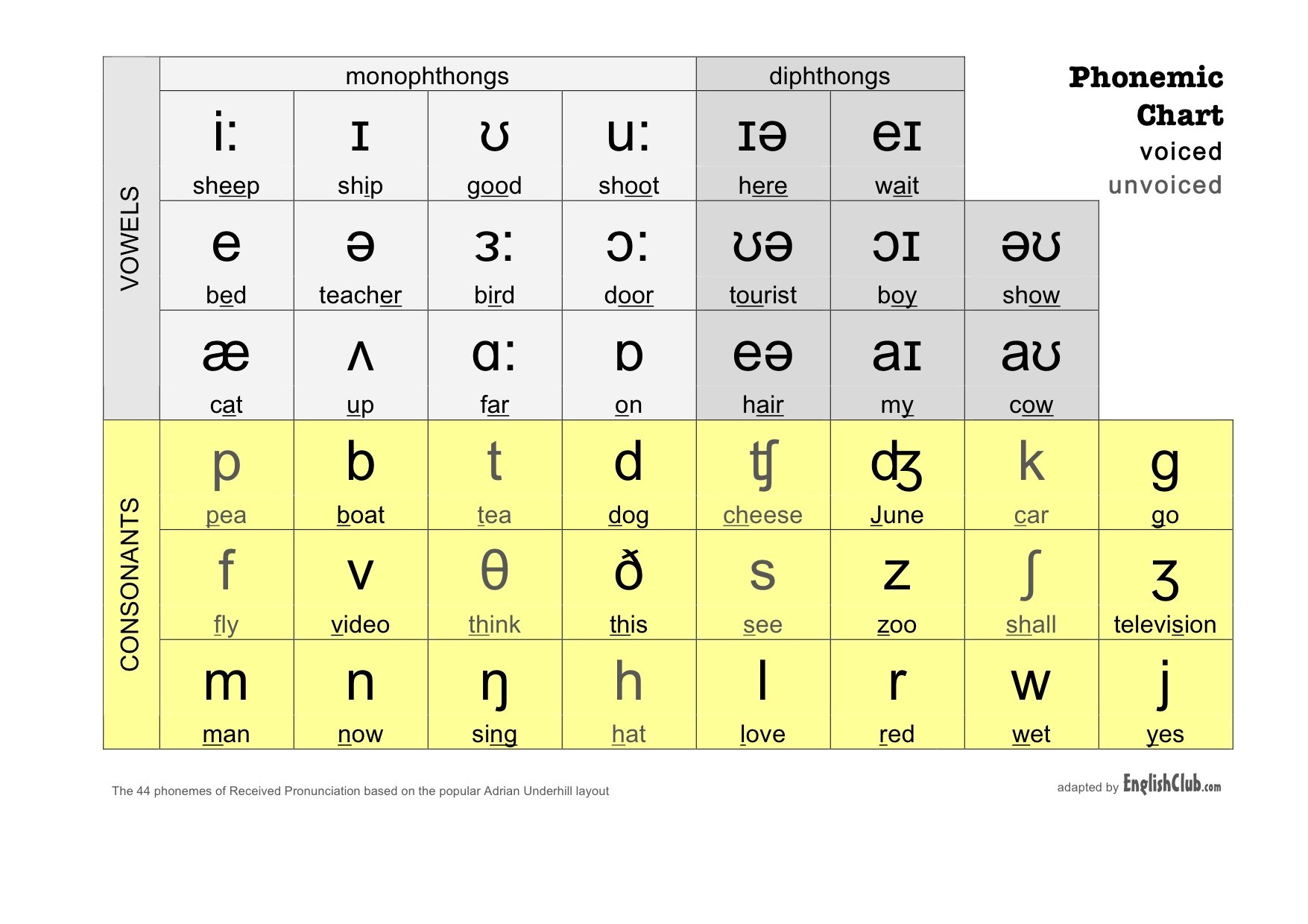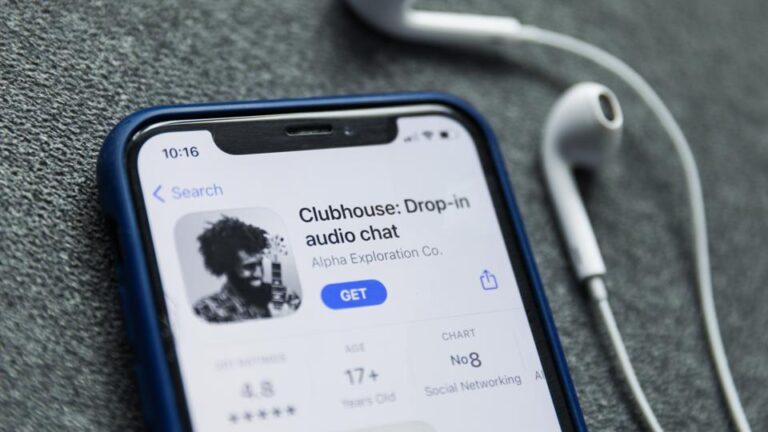
Warm up
—- * * FOR NEW STUDENTS ** ————————————— ————
- What industry do you work in and what is your role?
- What are your responses in your role / position?
- Can you describe to the function of your workplace / company?
- How many departments, how many offices. National or International?
- What are the minimum requirements for employment ie Education or Experience?
- How many opportunities are there to ‘move up the ladder’?
- What is the process for changing job roles ie Interview? Test?
————————————————– —— ——————————————– ——- —
General discussion about your workweek:
- Current projects? Deadlines? Opportunities?
- Anything of interest happening?
————————————————– —— ——————————————– ——–
Script
1. My curiosity started with a personal observation. I noticed how I cringed every time a friend wrote “good luck!” when she declined an invitation to one of my events. I’ve declined events before, so I understood her good intention, but I also became aware that the phrase “good luck” was making me upset. I wondered, why is “good luck” considered a thoughtful response of support? Are we implying that we need luck because without it we will fail?

2. I shared my reaction with my colleague and friend Lola Han, CEO of CultivatePeople, to get her thoughts. I was concerned that I was overanalyzing the situation. But she agreed that it’s one of the phrases she dislikes despite its good intention.
3. The first time she realized that this can be done differently was when she decided to leave a company to take a leap of faith to start her own company, and an executive said something else in place of “good luck”: “Go crush it! I’m excited for you. Let me know how I can support you.” That certainly leaves you at a different tone then hey good luck with your job, doesn’t it?
4. After my conversation with Lola, I started to ask others what they thought. In three days over 300 members of my online network responded (thank you, friends!) to my social media post where I asked, “What expressions do you dislike? Which ones make you cringe?” What I discovered was humbling:
5. 1. We say a lot of things out of habit. And many feel disrespected by that.
Most professionals have said or heard the phrases, “I’d like to pick your brain,” “I don’t mean any disrespect, but…,” “at the end of the day,” “quick question” and “I don’t need to tell you…” The commonality between all of these phrases is an ask for help or an expression of an opinion in order to seem less pushy or direct.
6. Yet these phrases come across as insincere and transparent. You are asking for help often in the form of a free consultation. And you are going to share your opinion — even if you weren’t asked. What if we just said what we need? “I need help.” “I’m concerned you haven’t thought about this perspective or outcome.”
7. I get a lot of requests to “pick my brain.” And I’ve noticed how I’m generous sharing time and advice with students and young professionals, who ask specifically and sincerely for my help. They don’t say “I want to pick your brain.” Rather they acknowledge how busy I am, why they respect what I do and are upfront about the questions they need help with. This simple change in the way we communicate can create more win-win conversations!
8. 3. Some phrases are both liked and disliked.
When someone shared on Facebook that they feel the word “love” is overused and misrepresented in work conversations, another person shared how that’s the very phrase her city in Yorkshire uses to say hello because “it’s a thing.” The two shared emojis and acknowledged each other. It was a true learning moment for them, and for everyone who read the thread. It reminded me how we should assume good intentions when it comes to communication.
9. Another business leader touched on her own multicultural experience. Because English is her third language, she said she doesn’t let herself get bogged down or annoyed by the written language. Rather, she focuses on building a better relationship and finding a good language to communicate with. It’s a powerful reminder of why we should never jump to conclusions and how we can use curiosity when we feel uncomfortable.
10. What surprised me the most from my exploration of this topic is how frequently miscommunication happens and opportunities are lost. How often are we missing the chance to build relationships and collaborations because we are on autopilot?
https://www.indeed.com/career-advice/career-development/business-buzzwords
Discussion
1. What are some specific terms / jargon you use in your workplace?
2. Are there any particular phrases you often hear at work that you like/dislike?
3.
What are some English terms that you regularly hear at work? For example Pending-desu / Fix-shita?
Phonetic Chart



